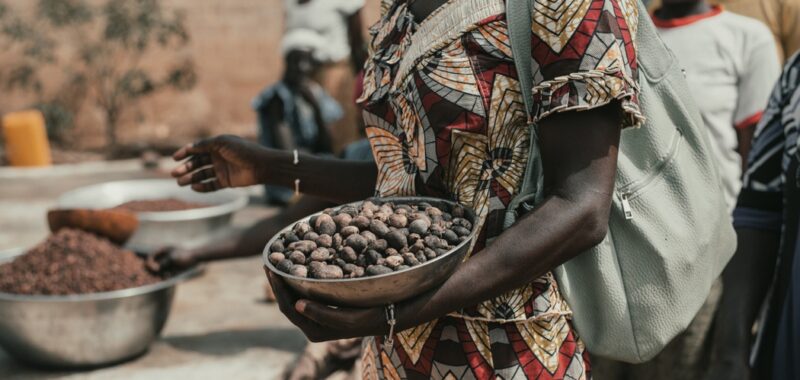Burkina Faso has suspended its exports of shea kernels, the government announced in a press release dated Wednesday, September 18.
The temporary ban on the export of shea kernels covers “the entire national territory until further notice” said the Minister of Commerce Serge Poda and the Minister of Economy Aboubacar Nacanabo in a joint statement.
Second largest exporter
Burkina Faso is the world’s second largest exporter of these seeds that are highly coveted by the cosmetics industry. With the ban on exports the country aims to boost local processing and industrial development.
“The goal of this suspension is to make shea kernels available for use as a raw material by industrial processing units in the country, in line with the government’s endeavour to support the development of our national industries,” added the two Ministers.
Burkina Faso is governed by a military junta, which that took power in September 2022 after a coup. The new government has made national sovereignty one of its priorities, particularly on the economic front.
On Wednesday, the government also decided to exempt profits from the production of locally processed wheat flour, corn, sorghum and other cereals from taxes.
With an annual production of 600,000 tonnes, the shea sector earned Burkina Faso, the world’s second largest exporter after Nigeria, some $60 million in 2019, according to official figures.
Growing demand
Shea nuts grow on a tree and some of them are transformed into butter that is consumed around the world, mixed with chocolate, margarine or oils.
While it is estimated that 85% of shea butter is intended for food use, African women have always been using it for its skin benefits, and cosmetic industry giants are increasingly interested in this natural product. Beyond skin, body and hair care products, shea butter is increasingly used in colour cosmetics. However, several companies have been forced to reorganize their supply chains due to security problems in the Sahel region.
Mainly harvested by women, shea nuts play an important role in the economic development of African rural communities. Although demand is increasing, particularly driven by the cosmetics industry, the sector needs to structure itself to take better advantage of the windfall constituted by the resource.

